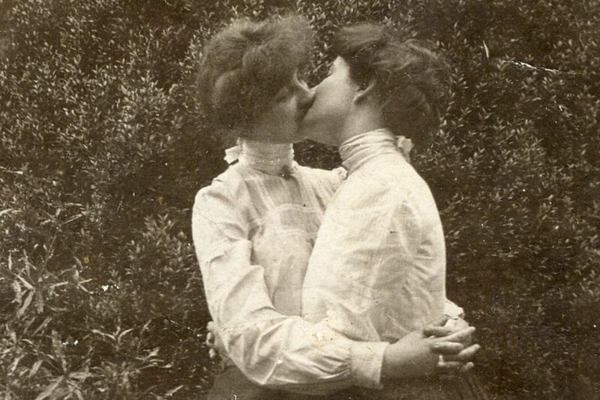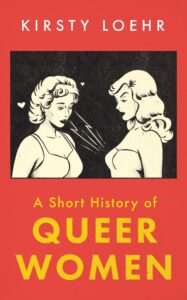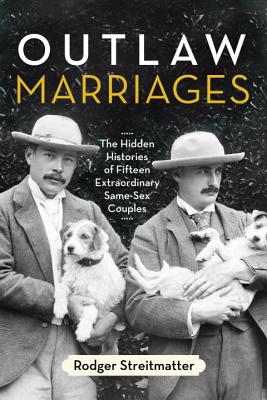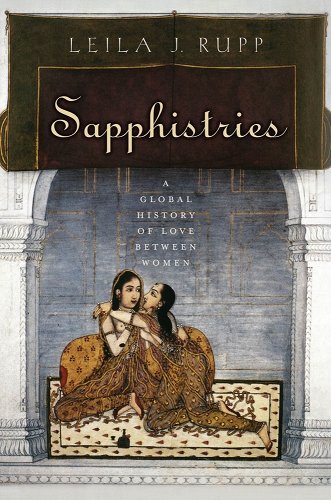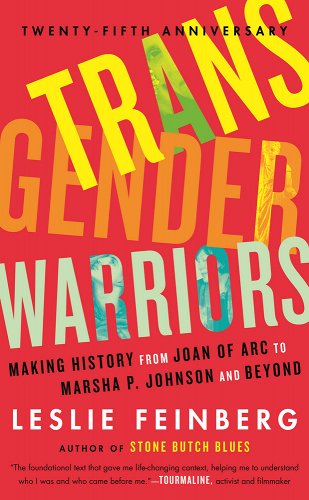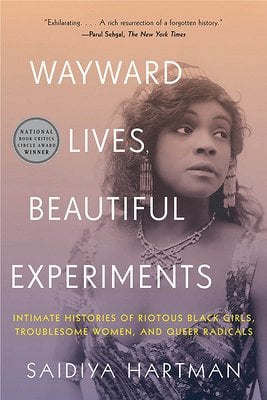Due to the fact that they have always existed, queer and trans women have been documented in history for thousands of years. Despite this, they are frequently forgotten about or only mentioned in passing due to a variety of issues including plain old misogyny.
But over the last few decades, there has been an increase in the books about queer women’s history, helping to dispel the idea that queer women are a “new thing.” Here are a few choices for books on the history of lesbian, bi, trans, and otherwise queer women.
A Short History of Queer Women by Kristy Loehr
Since, well, forever, queer women have been far too erased from history. Nobody argued that historians are known for caring about women. A Short History of Queer Women corrects the record on women who have loved other women throughout history, from Anne Bonny and Mary Read who sailed the seas together dressed as pirates to US soccer captain Megan Rapinoe who said, “You can’t win a championship without gays on your team.”
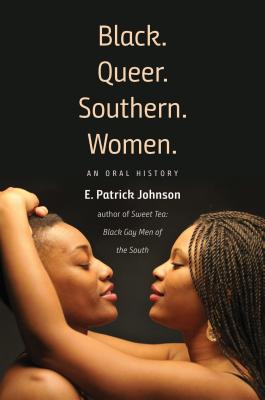
Black. Queer. Southern. Women. An Oral History by E. Patrick Johnson
Johnson interviewed more than 70 Black queer women on their experiences in the American South, especially Black lesbian communities, for this oral history. This is referred to as a performance ethnography example, which is a type of research that gathers data from a group and produces a readable product. In this case, it entails combining all of the oral histories into a larger narrative that describes the area’s history.
Outlaw Marriages: The Hidden Histories of Fifteen Extraordinary Same-Sex Couples by Rodger Streitmatter
Among the queer women featured in this book are Frances Clayton, Audre Lorde, Greta Garbo, Gertrude Stein, and Alice B. Toklas. Each chapter focuses on the life of a particular couple who were effectively married under “outlaw” situations before the Defense of Marriage Act was repealed and marriage equality was legal in the United States.
Sapphistries: A Global History of Love Between Women by Leila J. Rupp
This book is for a broader global perspective, it extends from the famous Greek poet Sappho to tombois in contemporary Indonesia. Many books on gay women tend to concentrate on certain nationalities. It begins in 40,000 BCE (quickly rising to 1,200), then it examines the year 1960 to the present before it concludes. It’s more of an intellectual read but also well-written and brief.
Transgender Warriors by Leslie Feinberg
Leslie Feinberg, one of the most well-known transgender rights campaigners, uncovers a substantial body of data in this interesting personal trip through history that shows there have always been individuals who violate social norms of sex and gender. Feinberg started looking for other people going through identity crises during hir troubled childhood and troubled adolescent years as a gender outlaw.
Wayward Lives, Beautiful Experiments: Intimate Histories of Righteous Black Girls, Troublesome Women, and Queer Radicals by Saidiya Hartman
The lives of young African women around the turn of the 20th century are examined in this book, with a focus on those who chose to live unconventional lives. The 2019 National Book Critics Circle Award in Criticism winner Hartman examines Philadelphia and New York City while narrating the lives of significant but largely unremembered women of the era and how they established communities.


